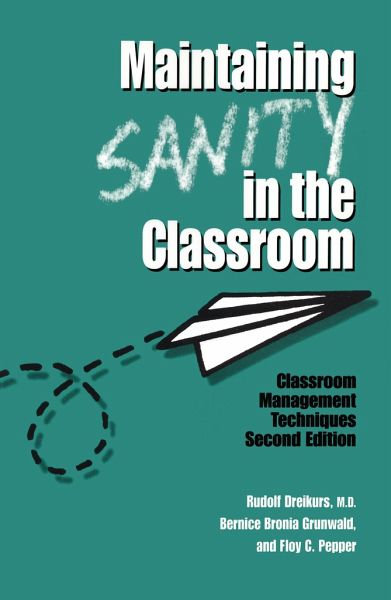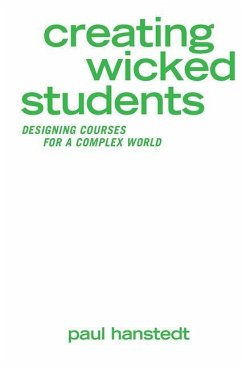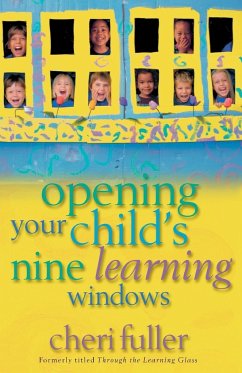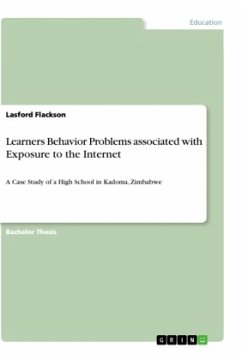
Maintaining Sanity In The Classroom
Classroom Management Techniques

PAYBACK Punkte
72 °P sammeln!
A step-by-step guide to handling behaviour difficulties. This second edition includes new chapters on the family atmosphere, learning disabilities, the adolescent as opposed to the teenager, and the delinquent child. It features charts on the sociogram and a chart on student seating arrangements.












